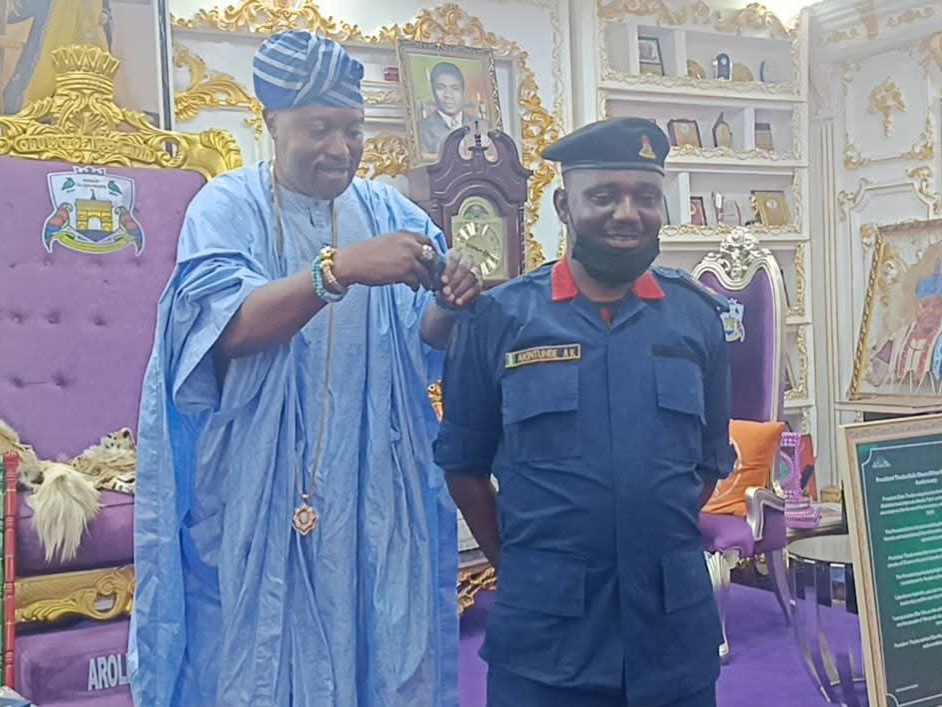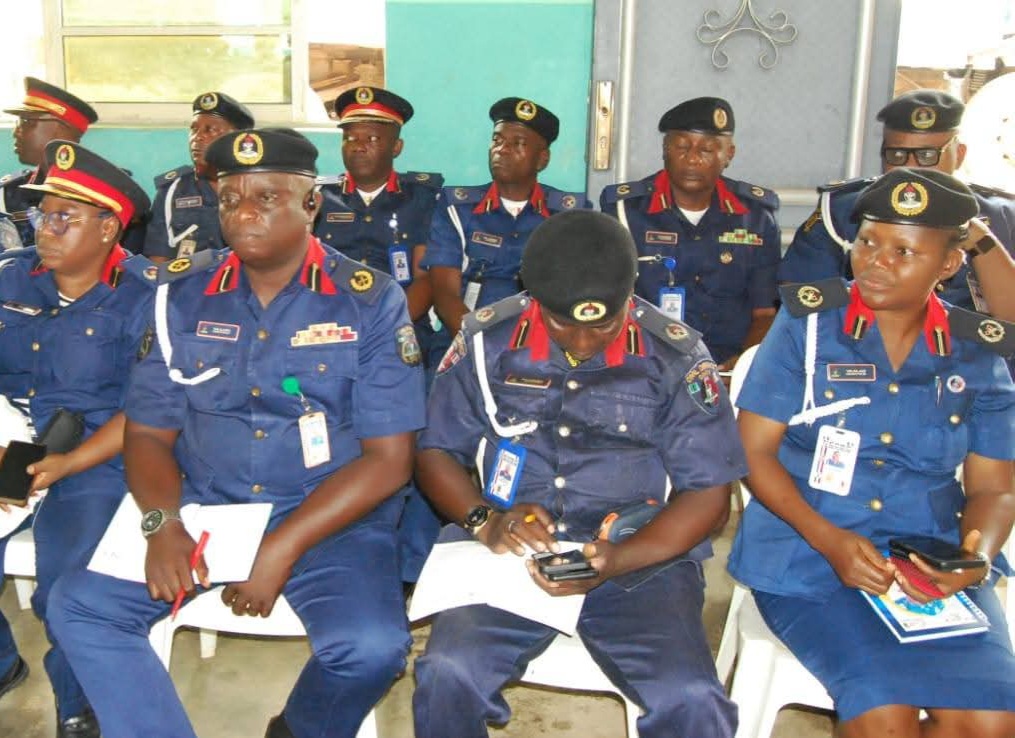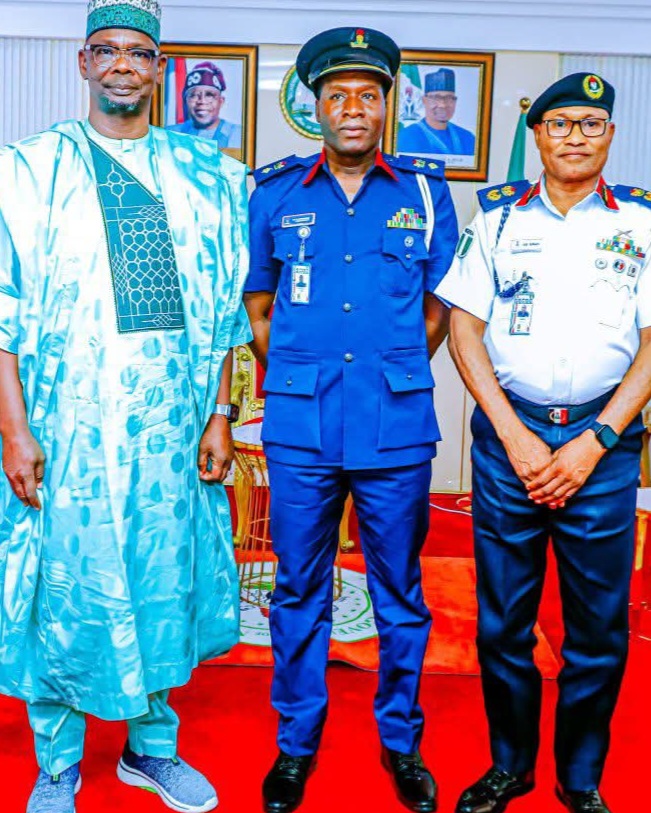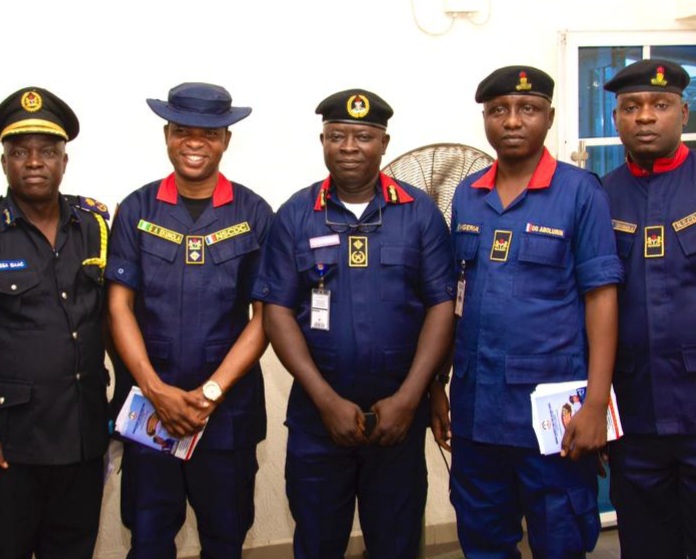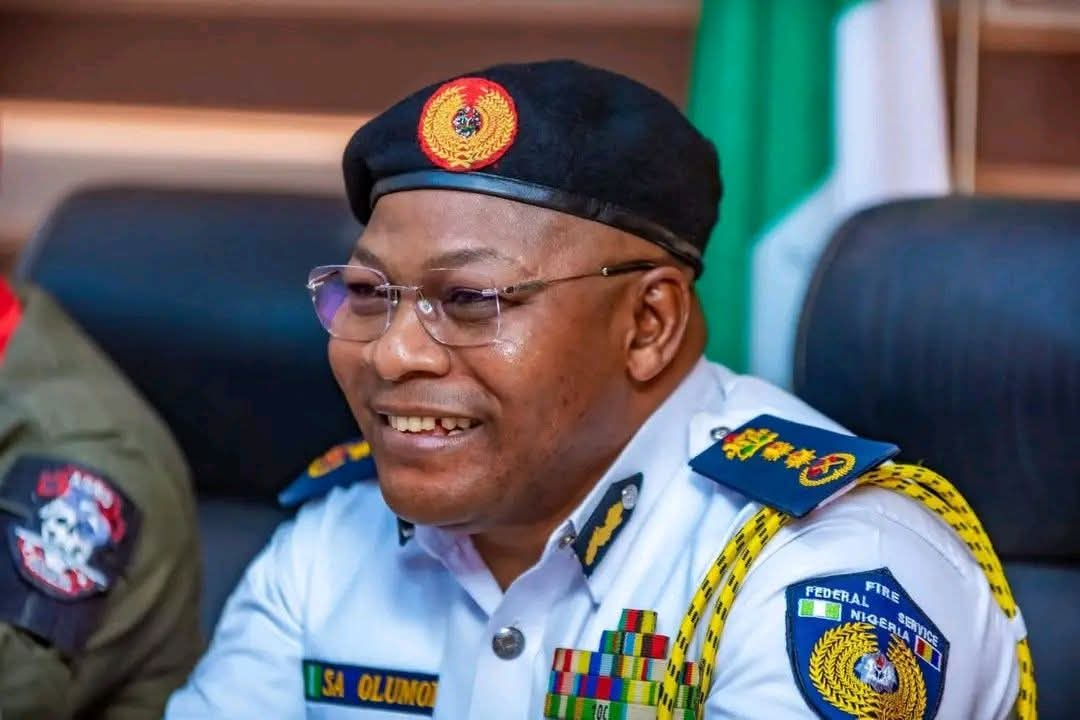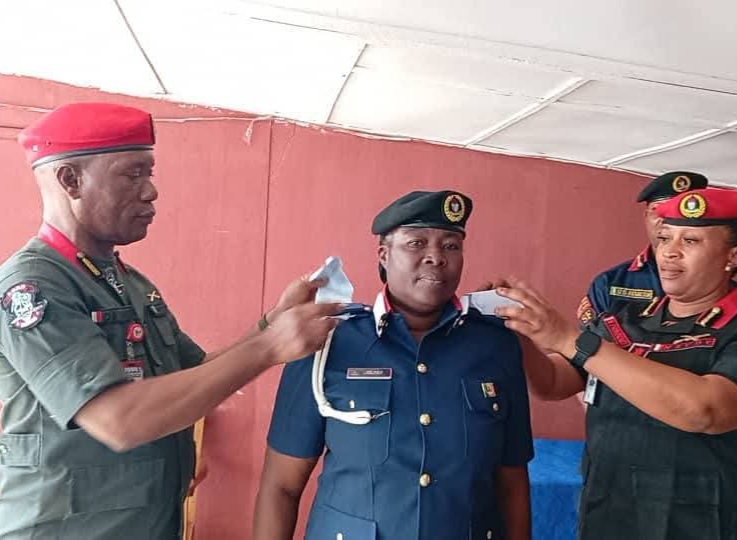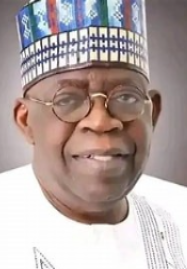
By Group Captain Sadeeq Garba Shehu (rtd)
Just after President Bola Ahmed Tinubu was elected and before he made his first appointments, I wrote a post on the kind of Minister of Defence and NSA he needs. This is a continuation of that line of thought
In the face of unrelenting insecurity, it is striking that Nigeria, a country battling insurgency, terrorism, banditry, kidnapping, and communal violence for over 15 years, lacks a seasoned, senior-level military or police officer in its cabinet or high-level national security leadership. Mr President and the relevant ministers have no security/military/police /intelligence backgrounds. There are also only two senior retired military officers in the Legislature. In short, no senior government official with the relevant professional background, expertise and capacity to firmly handle the security agencies or give Mr President independent knowledge/experience driven advice with which to compare what the security heads are telling him. At such a time of heightened security challenges, this is not just a symbolic omission. It is a strategic gap with real consequences.
With respect, Ok yes, there is currently a retired police officer serving as National Security Adviser (NSA), but objectively speaking, and by all credible accounts, he does not bring the deep operational credentials or extensive field leadership experience expected of a seasoned, senior-level security expert. In a time of national security emergency, this distinction matters.
The Case for Experience-Driven Leadership
Security threats in Nigeria are not hypothetical. They are daily, complex, and multidimensional. From Boko Haram and ISWAP in the Northeast, to banditry in the Northwest, secessionist tensions in the Southeast, and kidnapping across all regions, Nigeria’s security terrain demands not just political leadership but operational expertise.
Retired senior officers with real command experience bring more than stories from the battlefield. They carry with them:
• A deep understanding of the security architecture and its dysfunctions.
• Institutional memory about what has worked, what has failed, and why.
• Strategic thinking honed under pressure.
• Credibility and respect within the ranks of serving officers.
• Knowledge driven oversight of the military services and the service chiefs without being deceived with technical jargon.
These are not attributes that can be learned from think tanks or in briefings. They come from leading men and women in uniform through fog-of-war realities.
Global Precedents
Around the world, countries facing intense security threats have routinely turned to retired but experienced military or police leaders:
• The United States appointed retired General James Mattis as Secretary of Defence. It has been so ever since.
• Israel’s security strategy has long drawn from former Generals and Intelligence chiefs.
• South Africa has used ex-military figures to spearhead reforms and stabilize internal security post-apartheid.
These are not gestures of nostalgia. They are pragmatic choices to ensure that those shaping policy understand the operational landscape.
Nigeria’s Unique Imperative
Nigeria is a country at war within its borders. In such circumstances, having a seasoned, senior-level security figure advising or leading the national response is not militarization of government—it is rational governance. This does not mean sidelining civilian oversight. On the contrary, it means strengthening it with informed, field-tested judgment. It also does not suggest that only uniformed men can secure the country. But in the heat of multidimensional conflict, experience matters.
The Risk of Exclusion
By keeping seasoned veterans out of the room where decisions are made eg (Federal Executive Council) , we risk policies that sound good on paper but fall apart in execution. We risk further disconnect between government intentions and frontline realities. Most importantly, we waste the opportunity to align strategy with ground truth.
A Call to Course-Correct
It is time for Nigeria to correct this gap. Appointing a truly seasoned, senior-level retired officer to a cabinet or equivalent national security position would send a message of seriousness. More than that, it would inject informed pragmatism into a space where too much theory and too little field knowledge has prevailed.
This is not a call for martial government. It is a call for mature government – one that knows when to lean on expertise forged not just in classrooms or courtrooms, but in the crucible of national defence.
In a moment of protracted crisis, experience is not a luxury. It is a necessity.
Should Mr President consider this option however, there are certain risks to consider :
1. Legacy Mindsets
• Retired officers may carry outdated tactics or doctrinal rigidity, which can inhibit reform or adaptation to modern threats like cybercrime or climate-linked insecurity.
2. Overemphasis on Kinetic Solutions
• Risk of reinforcing militarized approaches at the expense of non-violent, intelligence-led, or socio-political interventions.
3. Political Capture
• Retired officers may be co-opted into partisan politics, eroding their objectivity and public trust.
• This could also compromise the apolitical image of the military or police.
4. Civil-Military Power Balance
• There is a fine line between informed advisory and undue security influence over civilian governance.
• Strong checks and balances must be in place to prevent overreach.
In addition, it must be said, while most Nigerian Generals are top quality, not all retired military Generals are automatically quality, thus the selection and appointment of such a person must be:
• Merit-based, not based on loyalty or networks or the usual ethnic/religious/regional considerations. .
• Balanced with civilian voices in governance, justice, intelligence, and peacebuilding.
• Focused on reform, coordination, and foresight, not just operations and firepower.
CONCLUSION: Is such an injection desirable?
Yes – cautiously and strategically. Given Nigeria’s intractable, multi-dimensional security crisis, it is both logical and desirable to include retired, apolitical, and seasoned military or police officers in senior cabinet or advisory roles. Their experience can add depth, realism, and credibility to security policymaking.
Group Captain Sadeeq Garba Shehu (rtd) is a Security Sector Reform Consultant

